Expansions are the best

Sometimes the old ways are best.
There's a lot I love about Elden Ring: Shadow of the Erdtree—I'm right there nodding my head along to our 95% review—but the big one, the thing everything else flows from, is the fact that it's a full-on E X P A N S I O N. This is not DLC, a term that means basically nothing these days but mostly refers to smaller add-ons: a new character, a new set of weapons, maybe a nice six hour lil' bundle of quests and stuff. Shadow of the Erdtree is a proper '90s/'00s-ass PC game expansion. We're talking Command & Conquer Red Alert 2: Yuri's Revenge. We're talking Jedi Knight: Mysteries of the Sith. We're talking StarCraft: Brood War.
What treasures those were! Yuri's Revenge introduced a new campaign and a whole new faction to what's probably still my favorite RTS, adding the twist of mind control to Red Alert 2's wacky alternate history WW2. Look at this—40 minutes of filmed cutscenes for that campaign, which I pretty much ignored to play hours and hours of multiplayer. Speaking of multiplayer, what did Brood War have, like a 99% attach rate? Imagine playing StarCraft without Brood War post-1999—that's something you could basically only do by accident, it became so synonymous with the base game.
By getting all "back in my day" I don't mean to imply that expansions have died out. Thankfully Shadow of the Erdtree isn't a complete anomaly, and we've seen some great expansions in recent years, both standalones like Dishonored: Death of the Outsider and new bolt-on campaigns like Cyberpunk 2077: Phantom Liberty. But every year it feels a little less likely that this is the route that game studios will take to follow up a big hit game or to greatly improve upon one. The live service model relies on keeping players engaged for long stretches of time, and that monetization system demands volume and variety (if you can't get 'em with the Rick & Morty skin, you gotta have that dabbing Goku as an alternative). Season passes sometimes cost as much as an expansion these days, but again are usually designed around the idea of trickling out snacks before players have fully moved on from a game. Last year's Avatar: Frontiers of Pandora, for example, offers two "story packs," a "bonus quest" and a cosmetic "Resistance bundle" for $40 in its season pass.
Even a good season pass—like Dark Souls 3's, which includes two meaty areas to explore in Ashes of Ariandel and The Ringed City—lack the length or breadth to really go hog wild with new ideas. I think this very thing must have frustrated FromSoftware's Hidetaka Miyazaki, because he told me Shadow of the Erdtree had to be big so that players could "experience that sense of discovery, and that sense of wonder and exploration again." That was something only a proper expansion could accomplish, and Erdtree got me in a mood to celebrate other similar accomplishments.
We've written about the PC's best expansions before, but this time I wanted to break down the unique ways expansions can elevate our favorite games.
Some of the best sequels? Secretly just expansion packs
Ted Litchfield, Associate Editor: Thief 2: The Metal Age, Fallouts 2 and New Vegas, even the legendary Doom 2: they're all kind of just expansion packs to their respective original games. Shared enemies, code, assets, slight iteration on the tech side but utter coups in terms of design. I don't mean to insult these games by calling them expansions rather than sequels—their expansion pack energy is one of my favorite things about them.
Wes Fenlon, Senior Editor: Doom 2 is maybe the ultimate example of how valuable an expansion can be, even if it has a number on the box. It reused the same technology, allowing id to refine its level design and make a laser-targeted addition of a new weapon. The super shotgun would quickly become Doom's most iconic and satisfying gun. Today the two games are practically blended together—Doom 2 has essentially subsumed the original to simply become "Doom," serving as the template for decades of mods.
Alternately: Expansions can be like mini sequels
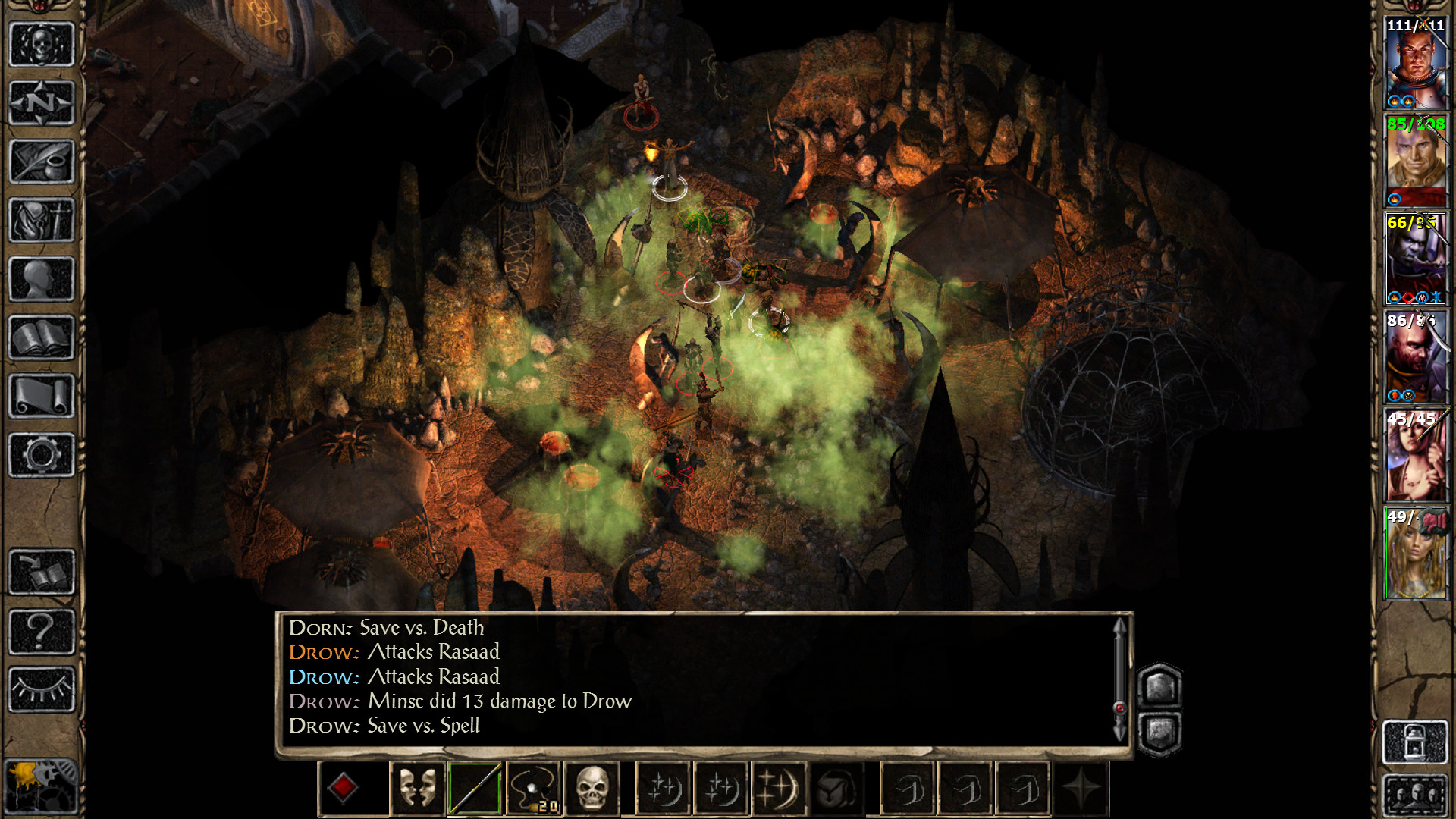
Ted Litchfield, Associate Editor: Baldur's Gate 2: The Throne of Bhaal, baby, aka. Baldur's Gate 2.5, or even the real Baldur's Gate 3—making Larian's joint Baldur's Gate 4? Whatever you want to call it, the capstone of the Bhaalspawn saga felt more like a full, standalone game than something subordinate to 2000's Shadows of Amn. You get new villains, a completely new setting, and a self-contained story that finally wraps things up with your dead god of death dad, Bhaal.
Elden Ring: Shadow of the Erdtree really has a similar magic: both games have all the juice of a full sequel, but by being built on the same tech base, were turned around in a much shorter amount of time.
Expansions are a salve for bloated development times

Morgan Park, Staff Writer: I'm gaining a new appreciation for expansions, rare as they are, in our modern era of bloated development times. Arguably the best part of Shadow of the Erdtree and last year's Phantom Liberty are that they gave us more Elden Ring and Cyberpunk to play within two or three years, as opposed to the five to seven we've come to expect from massive-budget games. It's an inherent advantage of expansions that they build on top of completed work, reuse assets, and set reasonable expectations with players about how much will be brand new and how much is familiar. Sometimes, expansions can even blossom into smaller standalone games, like Assassin's Creed Mirage or Spider-Man: Miles Morales.
Expansions let your character live on when, let's face it, you should probably retire them and start over
Chris Livingston, Senior Editor: So there I was in Oblivion, head of the assassin's guild and the thieves guild. Also, head of the fighter's guild. And the mage's guild. Clearly, it was time for my ridiculous character to retire, but I'd kind of grown attached to him and was looking for any excuse to avoid starting over with some new meat. Then along came Shivering Isles, which was like another 40 hours of adventure on an entirely new continent. Perfect. I took my overqualified dude for one last spin, collecting another few houses-worth of loot, and put off the inevitable—having to say goodbye to an OP character—for another few weeks.
Expansions have the best levels
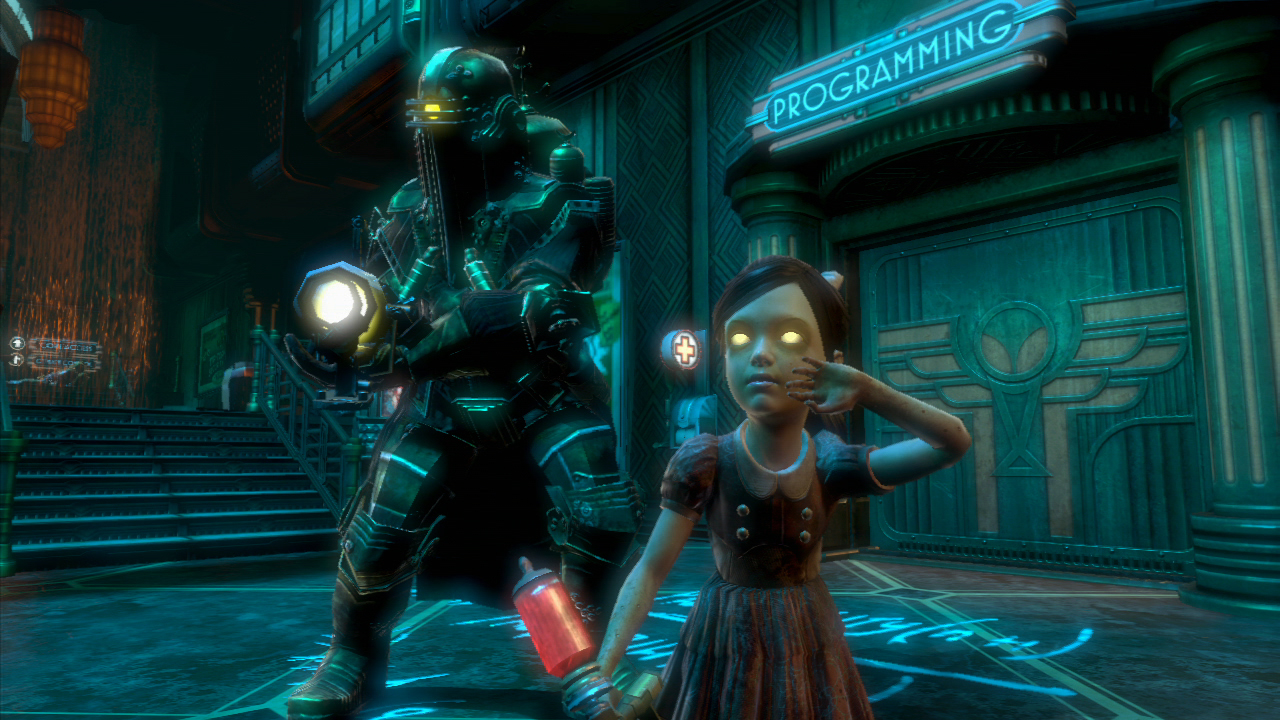
Wes Fenlon: Developing a videogame is like trying to fly a plane while you build it, or so I've heard—I've never built a videogame or a plane. But the point developers usually want to get across is that they have to design the game while simultaneously building the technology they need to design the game, and assuming those two things do fully gel, it likely won't be until very late in the process. That almost inevitably means that development will end with a lot of unrealized ideas just as the technology and design have finally hit their groove. If the team then makes a sequel, they've got to consider upgrading that technology and designing a whole new experience arc for players to go through even if they haven't played the first game. But an expansion presents the opportunity to pick up right from that groove.
Shadow of the Erdtree's new setting is the freshest example of this: it goes further in blending more intricate areas with the exploration of an open field. But I also want to call out BioShock 2: Minerva's Den, which compressed an immersive sim down to a tight five hours or so. That means there's no little for wasted space in the levels; they need to serve story, combat, stealth and exploration all at once. While writing about more recent FPS expansion Amid Evil: The Black Labyrinth, we highlighted that its new levels "are almost all superior to anything in the original game. The enemies are a more thoughtfully balanced bunch, the environments are more varied and detailed, and the bosses are multi-phase slobberknockers that really elevate the midpoint and finale." 2021 Quake expansion Dimension of the Machine pushed this concept to the limit, showing how much more intricate you could make levels in a '90s game engine given enough time and study. I wish more games had the luxury of follow-ups like that decades later.
Expansions give us a concrete thing to play and be done with
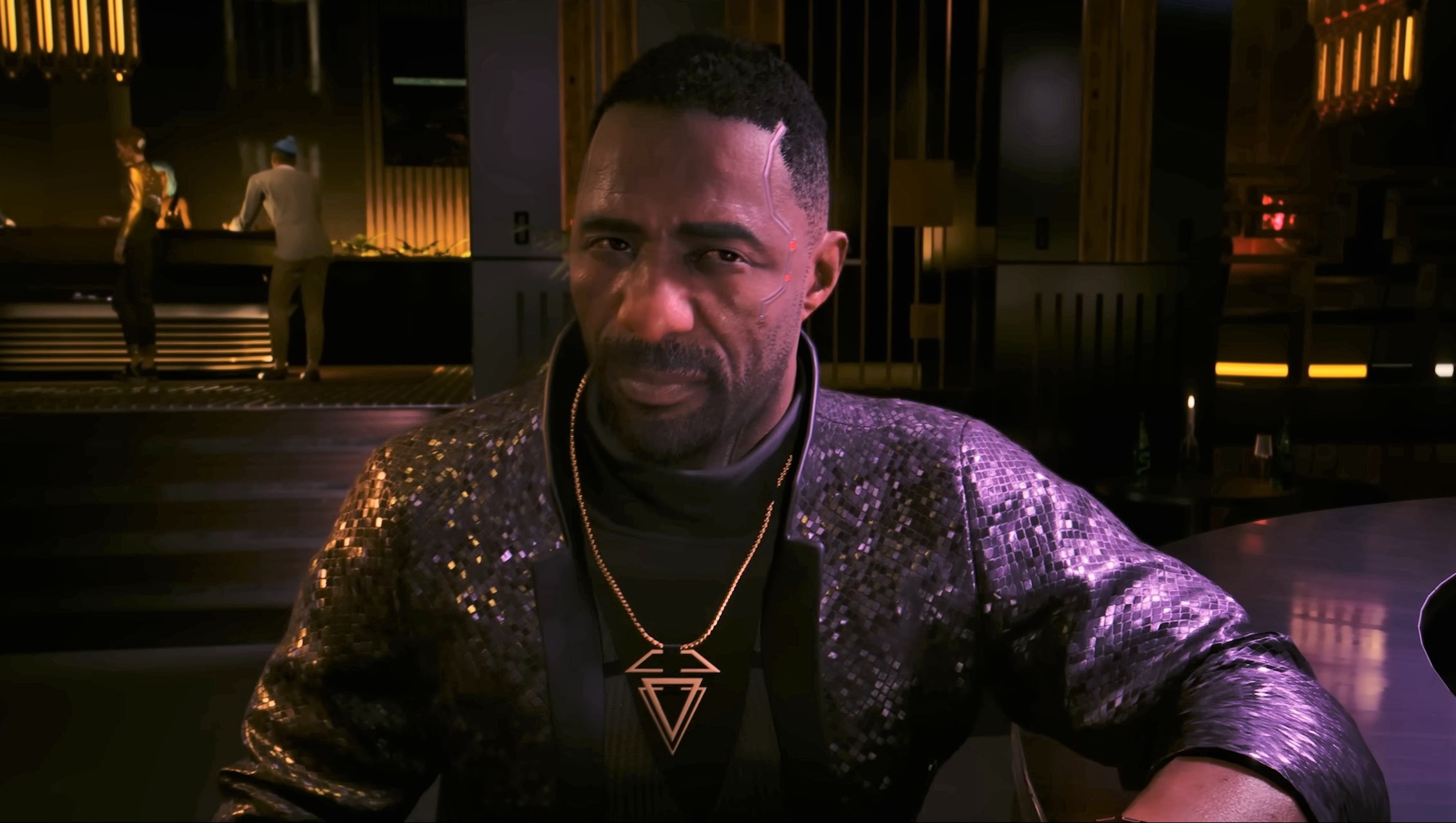
Wes Fenlon: A trickle of DLC levels, updates with weapons here and there, all the sorts of things we've come to expect from season passes: that's just not really what I want in a singleplayer game these days. Despite being smaller than full expansions, these often still come out months after a game's launch, which can be awkward timing for a game I've already mostly finished. Do I really want to go back to a game just for another couple hours to do some new quests? Eh. Maybe I'll catch them on an eventual replay when they feel naturally integrated into the campaign. That's how I eventually played both Mass Effect 2's and Dark Souls 2's DLC levels years after they initially came out. But there aren't many games of that length I replay.
Expansions, on the other hand, feel like proper events. Like the second act of a play, it's important that they be more compressed and more impactful than the first, justify you returning to your seat, and then send you out on a high note. Last year's Cyberpunk 2077: Phantom Liberty did a fantastic job of that, cementing Cyberpunk's comeback and waving a flag to players that said now is the time to play this game. As editor Tyler Colp wrote in our GOTY awards: "CDPR spent a long time refining how to tell a story in this world and it shows. Phantom Liberty has a firm grasp on the sort of bold storytelling that made the Witcher 3 great, wielding both the technical artistry of the world and the team’s strong writing to center its broken cast of characters. It’s refreshing and mature in a way I never expected this game to pull off and it has me excited to see more."
Expansions can seamlessly integrate into a campaign and make it feel brand new
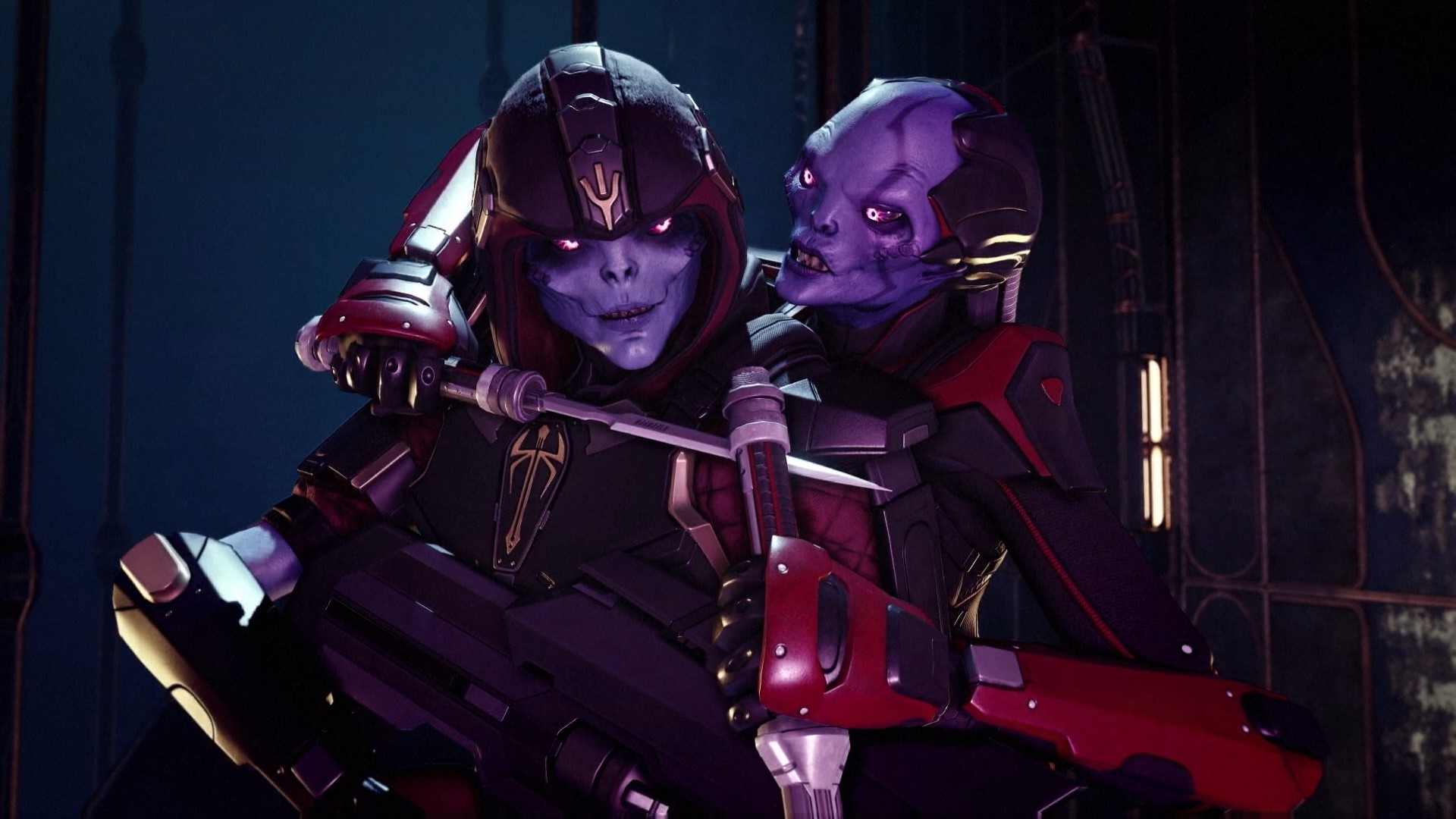
Wes Fenlon: We might still call XCOM 2 one of the best strategy games of the last decade on the strength of the base game, but its expansion War of the Chosen was what really sealed it. It added so much variety to XCOM 2, including a new enemy class, heroes with their own tech trees, bonds between soldiers (which would be explored far more in depth in Firaxis' next game Midnight Suns), more mission modifiers… and those are all just the sides for the main course, the Chosen themselves. XCOM was always a bit light on personality with its blank slate soldiers and generic near-future military aesthetic, but the Chosen added outright villains who taunted you, adapted to your strategies as you defeated them, and felt so good to take down in big, epic finales.
As our editorial director Tim Clark wrote when we awarded it best expansion in 2017: "I scarcely see War of the Chosen as an expansion. To me, it feels like XCOM 2's final form. This is the game Firaxis always intended, complete with sneering alien supervillains, sweet new gear to research, and in the resistance factions, some incredibly cool characters to fight alongside. At this point XCOM 2 feels like it's become this delicious, rich, selection box of sci-fi chocolates."
Expansions can recontextualise endings—and even beginnings
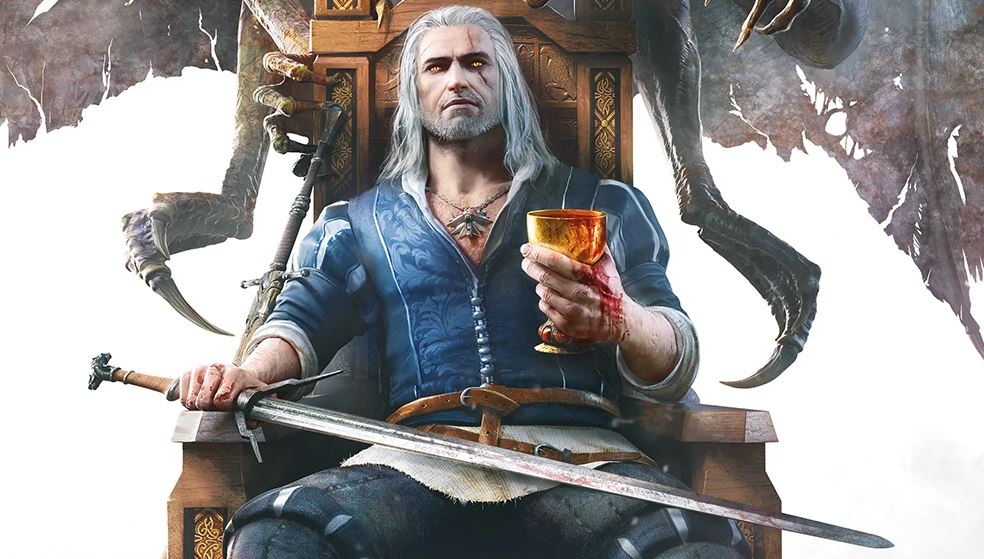
Sean Martin, Guide Writer: I've always had a soft spot for expansion packs that feel like entire games in their own right, especially those that work to recontextualise and inform what's happening in the base game. It's something that Shadow of the Erdtree does masterfully, exploring Marika's dark past, and the shadowy foundation that the shining Golden Order was built upon. It forces you to reconsider your journey to become Elden Lord.
My favorite ever DLC switcheroo moment, though, was in The Witcher 3's final Blood and Wine expansion. You might recall that later in the plot you meet a vampire called Orianna and eventually a confrontation ensues. What I didn't realize until later was that Orianna is the vampire featured in the original cinematic teaser trailer for The Witcher 3... before the base game had even released.
Her appearance and the events of the expansion recontextualise that entire teaser, turning it from a prologue into an epilogue set after the events of Blood and Wine. It's not a massive thing, but it's such a cool rug pull and I swear I think about it monthly. It's also pretty indicative of the level of detail and planning that goes into these big expansions.
Expansions can change gaming history
Rich Stanton, Senior Editor: Starcraft came out in 1998, and a mere nine months later Blizzard and Saffire Games launched the expansion to rule them all: Brood War. Think of it as something of a do-over, a director's cut, something that cemented and ensured Starcraft's place as the greatest competitive RTS of its day, and fixed problems that would otherwise have prevented its growth into an esports phenomenon.
Brood War came with a new singleplayer campaign, which I remember fondly, but like so many others my only interest was what it did to multiplayer. Starcraft was a brilliant game, but it had problems: as a Terran for life I would say this, but the Zerg were overpowered in a way that made the TvZ matchup difficult at best, and things were even worse for Protoss players.
The original multiplayer was a bit of a mess of Zergling rushes and mass-Mutalisk that Terran and Protoss had poor answers to. Brood War introduced, among other units, the Terran medic, giving the bread-and-butter marines much greater survivability, and the Protoss Corsair, a dedicated anti-air fighter that in sufficient numbers absolutely chewed through mutas.
There's a whole lot more to it, but Brood War added units, tweaked others, and removed the balancing flaws to such an extent that it would go on to be played professionally and sustain a national league in Korea for over a decade. If Brood War didn't get the balance between its three factions perfect, it arguably came as close as any game ever has.
Finally, and this is something you feel in the gut, Brood War just made Starcraft that much more exciting. It gave each faction many more options, in a game that was already rammed with them, and enhanced the core demand that players constantly juggle between the macro scale of building bases and the micro scale of managing every battle down to the individual units. This expansion was one of the most transformative and impactful ever made. Starcraft has a big place in gaming history, and particularly competitive gaming. With no disrespect to the excellent original game, it has that place because of Brood War.